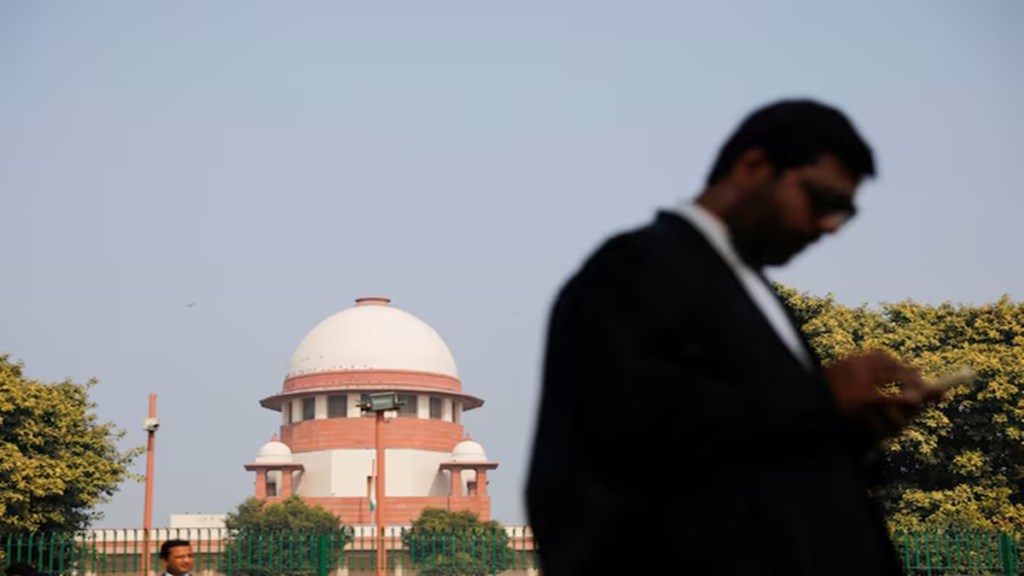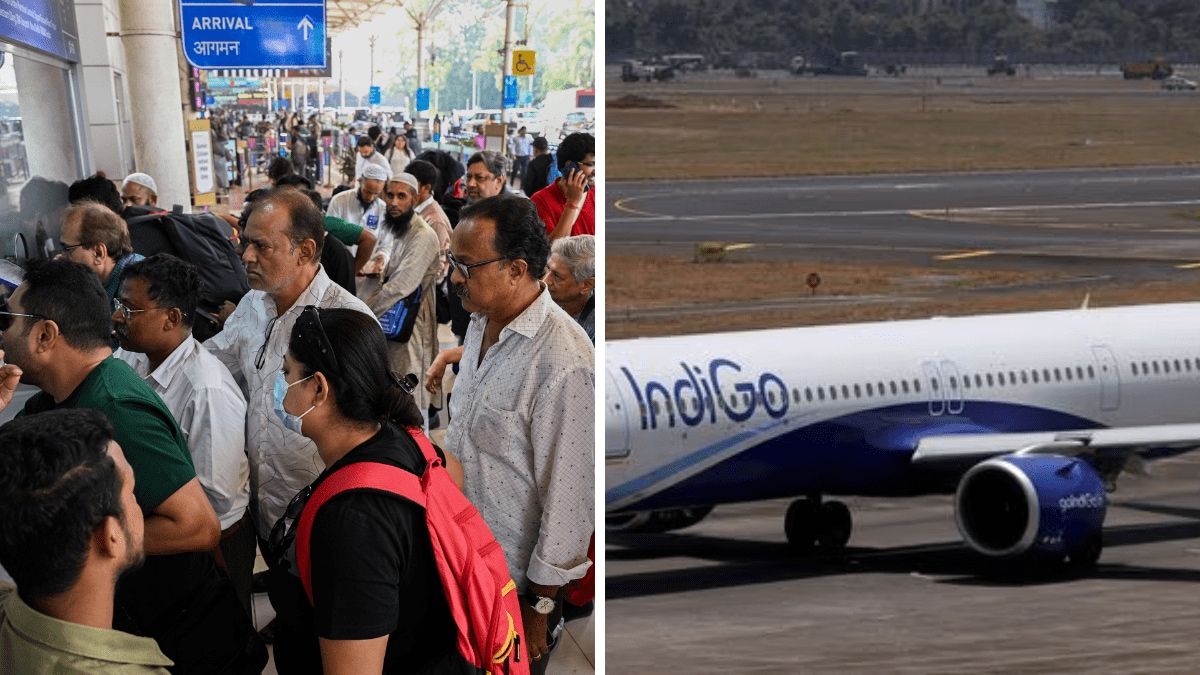Telecom operators, Vodafone Idea and Bharti Airtel, suffered a big blow on Thursday with the Supreme Court rejecting their curative plea seeking correction in arithmetical errors by the department of telecommunications in computing their adjusted gross revenue (AGR) dues arising out of a 2019 order.
A curative petition is filed by petitioners as a last resort if they feel that there has been an error in judgment by the court.
Though the order came as a setback for both the operators, the adverse impact is much higher for Vodafone Idea, as Bharti with its strong balance sheet and cash flow, is in a fine position to pay the dues. This got reflected in the manner the share prices of both the companies reacted after the order. While Vodafone Idea’s shares closed down 19.6% at Rs 10.4 on the BSE, Bharti’s shares closed 0.8% higher, at Rs 1,665.
Another company which got adversely impacted is Indus Towers, which has leased telecom towers to Vodafone Idea, with its shares closing 8.9% lower at Rs 390.
The gap between DoT’s calculation and self-assessment done by the respective companies, is huge. For instance, for Vodafone Idea, DoT has computed total dues at Rs 58,000 crore, whereas its own calculation puts it at Rs 21,500 crore. Similarly, for Bharti the DoT’s calculated amount is Rs 43,980 crore, while its own calculation puts it as Rs 13,000 crore.
The telcos had also sought setting aside interest, penalty, and interest on penalty on the dues. Of the Rs 1.47 lakh crore total AGR dues, nearly 75% comprises interest, penalty, and interest on penalty. The licence fee dues totalled Rs 92,642 crore while spectrum usage charge stood at Rs 55,054 crore.
In July 2021, the SC had dismissed the operators’ plea seeking correction in such arithmetical errors. Subsequently they had filed a curative petition last year, seeking an open court hearing. Normally, curative petitions are heard by the judges in the chamber. However, a bench headed by Chief Justice DY Chandrachud, rejected the demand. “We have gone through the curative petitions and the connected documents. In our opinion, no case is made out within the parameters indicated in the decision of this court,” the order stated.
Vodafone Idea’s dues were the highest at Rs 58,000 crore, which as on date after adding interest has gone up to Rs 70,320 crore. Bharti’s dues of Rs 43,980 crore has come down to around Rs 26,000 crore.
The SC’s September 1, 2020, order had said that the companies needed to pay their dues over a 10-year period, after paying 10% of their dues upfront by March 31, 2021. Thereafter, the deferred payment cycle would run till 2031 with the 10% amount to be paid by March 31 every year. Later, the government offered a four year moratorium on this, which comes to an end in October, 2025. Of their total dues, Bharti has already paid Rs 18,000 crore, while Vodafone Idea has paid Rs 8,000 crore.
“In absence of AGR relief, Vodafone Idea could face financial crisis in the second half of FY26/FY27, when annual spectrum and AGR payments to the government of $4-5 billion (around Rs 40,000 crore) per annum become due,” brokerage house CLSA said in a note on Thursday.
“Tariff outlook has been improving, but without AGR concessions, it would take at least 25-30 years (15% Arpu CAGR) for Vodafone Idea to organically pay back its obligations, and as such, further repayment timeline extensions are required,” Macquarie said in its note.
“In our base case, we continue to see market-share erosion and meaningful equity dilution risk,” it added.
Analysts had earlier estimated that a positive verdict could reduce the liability of the telecom operator by 50%. Collectively, such a positive ruling could have led to a benefit of over Rs 50,000 crore for the telecom operators, according to analysts.








